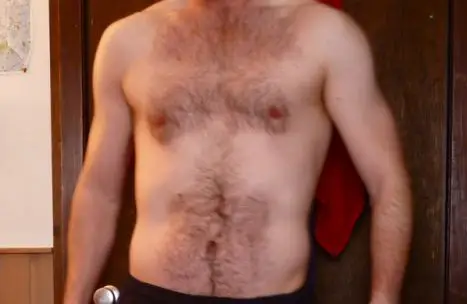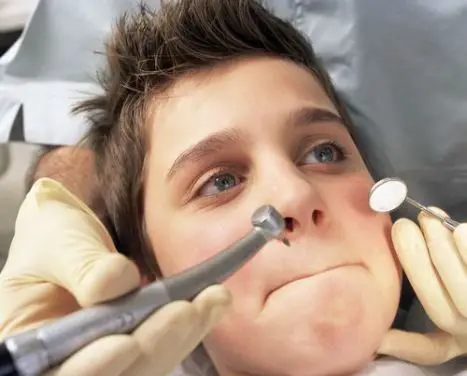
Have you ever thought of sleeping on your legs? Do you think that we human beings can stand on legs and manage to sleep without falling down? The answer is an obvious ‘No’ but surprisingly horses manage to do so. It not only manages to relax while standing, it sleeps easily while in a standing position without falling down.








